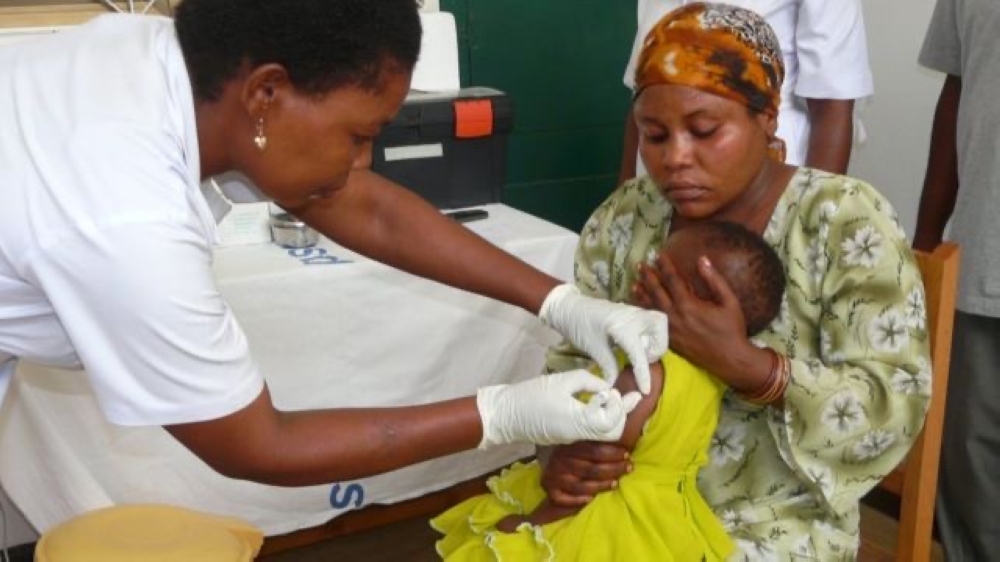

Officials at Rwanda Biomedical Centre (RBC) are considering introducing biometric technology in routine vaccination programs as part of efforts to not leave anyone behind in the process.
Rwanda is one of the countries with the best vaccine coverage in Africa, according to the World Health Organisation (WHO).
ALSO READ: Why Rwanda leads Africa in vaccine coverage
A report issued by the WHO and UNICEF on July 18 showed that Rwanda has 98 percent coverage for the Diphtheria, Tetanus, and Pertussis vaccine (DPT) which is used as the global marker for immunization coverage.
Hassan Sibomana, the manager of RBC’s Expanded Programme on Immunization (EPI), told The New Times that they are carrying on with the usual efforts of trying to "not leave any child behind when it comes to vaccination.”
He said some new technologies such as biometrics may be introduced.
ALSO READ: Rwanda among African countries with best vaccine coverage – new research
"We wish to introduce new technologies such as the use of fingerprint technology to easily assess if a child was vaccinated. These are technologies that are being tested here and there,” he said.
Rwanda’s vaccination program is fully digitalized, he noted, and if all goes well, they can find a way of linking it with biometric technology.
ALSO READ: HIV vaccine trials in Rwanda on track – officials
"We are thinking about it (biometric technology) as a new innovation. We need to have more discussions about it, regarding things like where finances will come from,” he said.
Among the other technological efforts that Rwanda is using in its vaccination program are tools including DHIS2, a software platform for the collection, reporting, analysis, and dissemination of aggregate and individual-level data.
With such technologies, there is better statistical and public health data management which can play a role in increasing immunization service coverage by, for example, monitoring immunization dropout so that timely response is done.
ALSO READ: Cervical cancer: First Lady roots for reduced HPV vaccine prices
In addition to this, Rwanda’s national immunization program success is supported by a political landscape shaped by unique aspects of Rwandan culture such as working together and accountability.
According to Sibomana, when RBC officials conduct awareness campaigns upcountry, they call upon the populace to identify unvaccinated children so that they can be vaccinated.
Factors related to healthcare constitute some of the targets set for district administrations by the government. If a particular district is not performing well, concerned government agencies will find out why.


